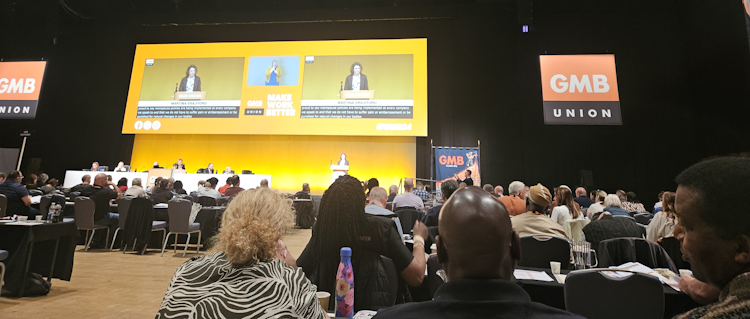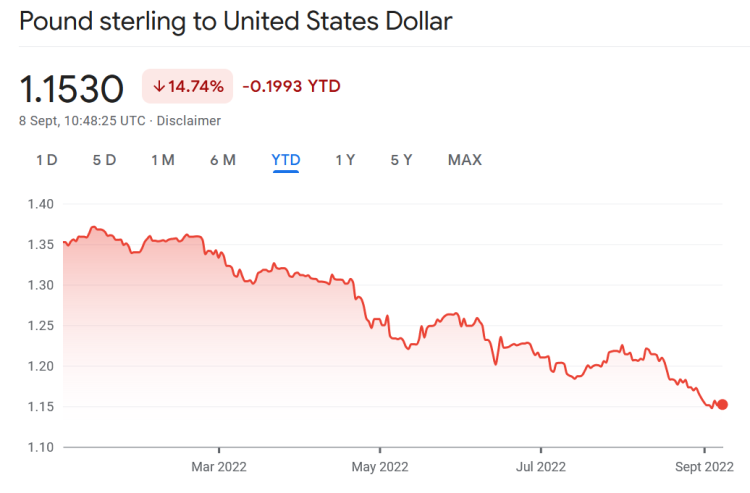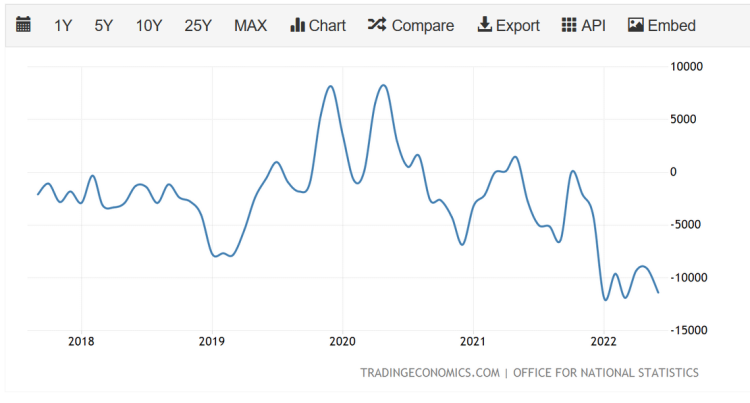The Times broke a story (£) on Sunday that the UK would start to seek to improve relations with the EU and seek a “Swiss style” deal with the EU. This has caused some bad reactions in the parliamentary Tory party and the detritus of the Leave campaigns, with even that political zombie, Nigel Farage, offered us his advice.
A number of so-called experts add their voices on the impracticality of a “Swiss” style deals for reasons of the size of UK economy, the absolute lack of will by the EU to repeat the Swiss treaty model and, for some, the democratic deficit that single market membership without the right to appoint CJEU judges, MEPs, commissioners and having a seat (and veto) at the Council would entail.
Opinion both expert and popular is now of the view that the UK must rejoin the single market; even some previously silent Remainers are finding their voices.
The Government spooked by the reaction from some of their backbenchers and Brexit supporters are trying to calm the political seas. The fact is that the language of a Swiss style deal is an attempt to linguistically soften the blow to the Brexit project. The idea, based on some truth, that the Swiss have more say than the rest of the EEA countries on sovereign issues is something that the Tory advocates of the single market are seeking to persuade rump Brexiters as acceptable.
Any road to change will be via the EU-UK Trade and Co-operation agreement. We will have a single agreement, unlike the Swiss, which will be developed to include the customs union, single market and CJEU supervision of regulatory compliance.
Image Credit: from wikipedia, cropped and passed through an ‘inks’ filter originally by John Fielding CC 2012 BY-SA …






